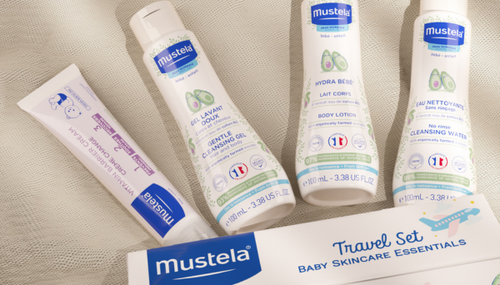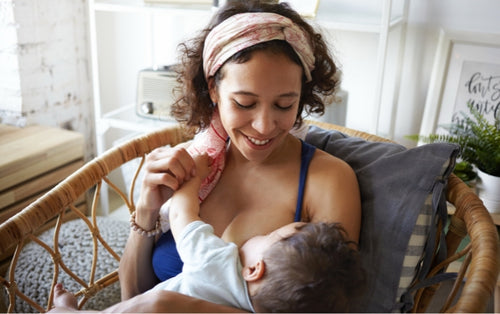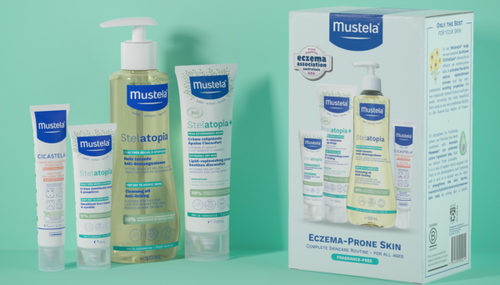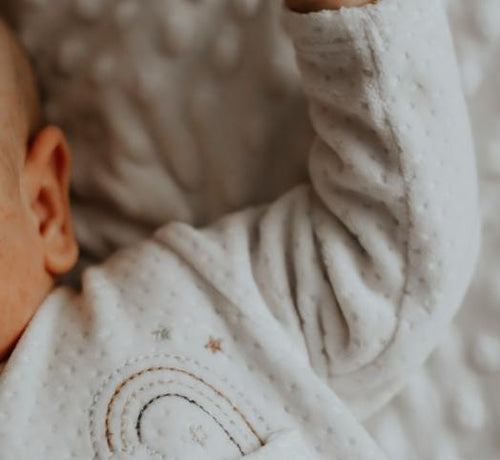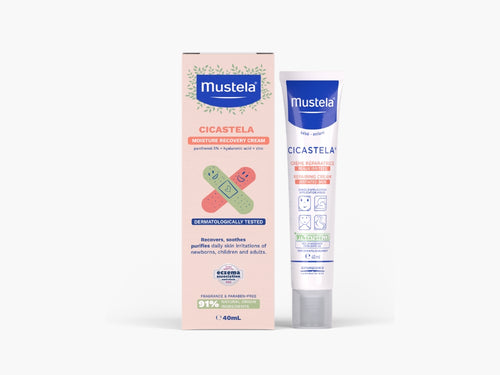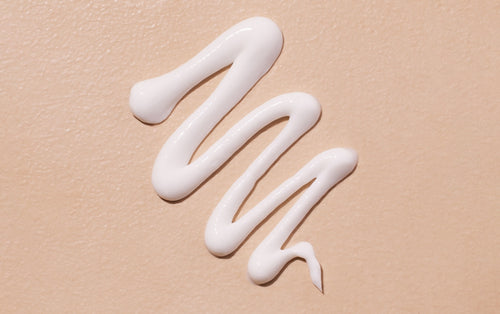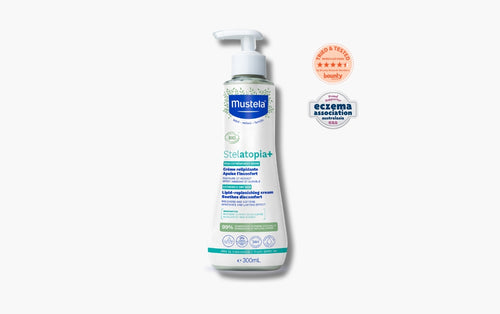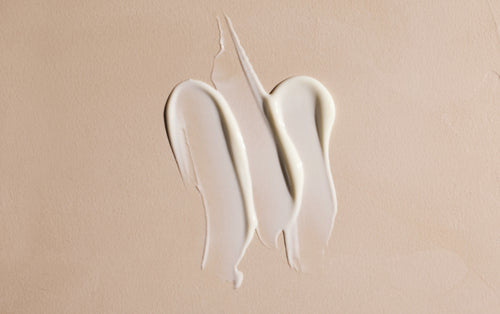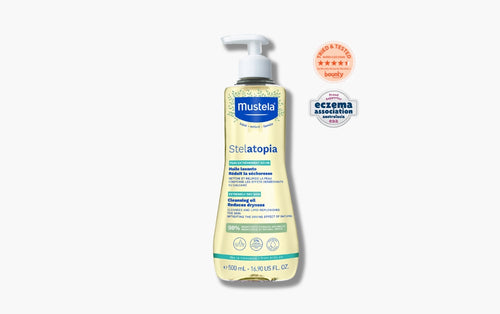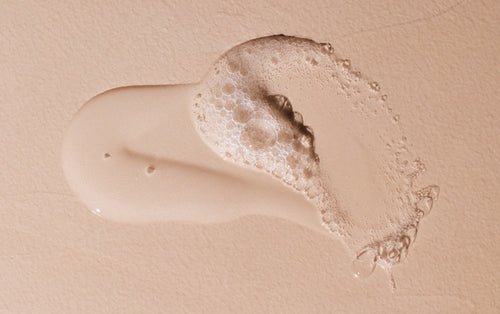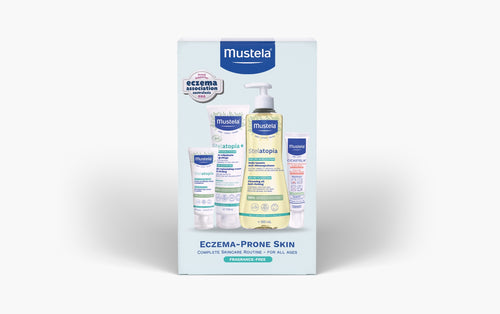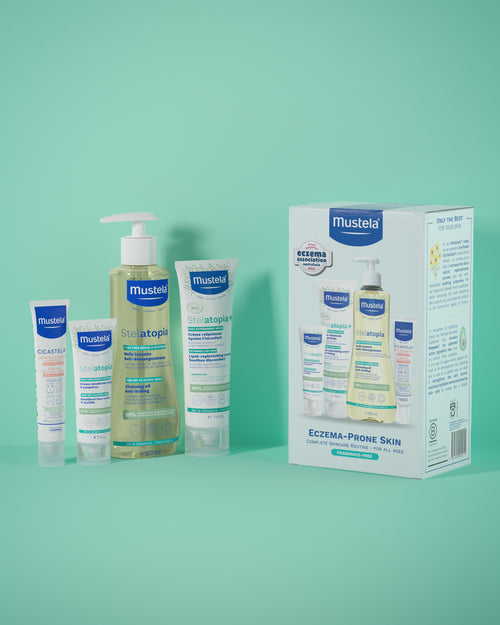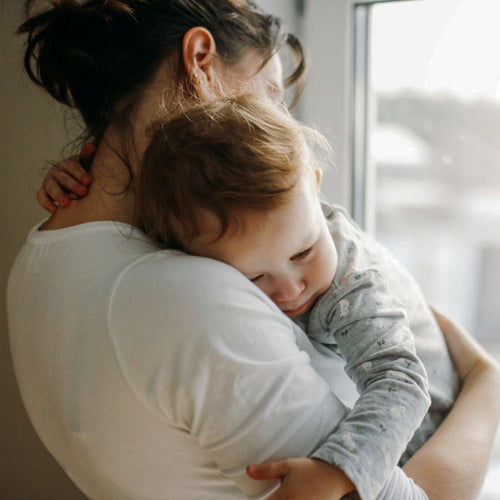Caring for the umbilical cord
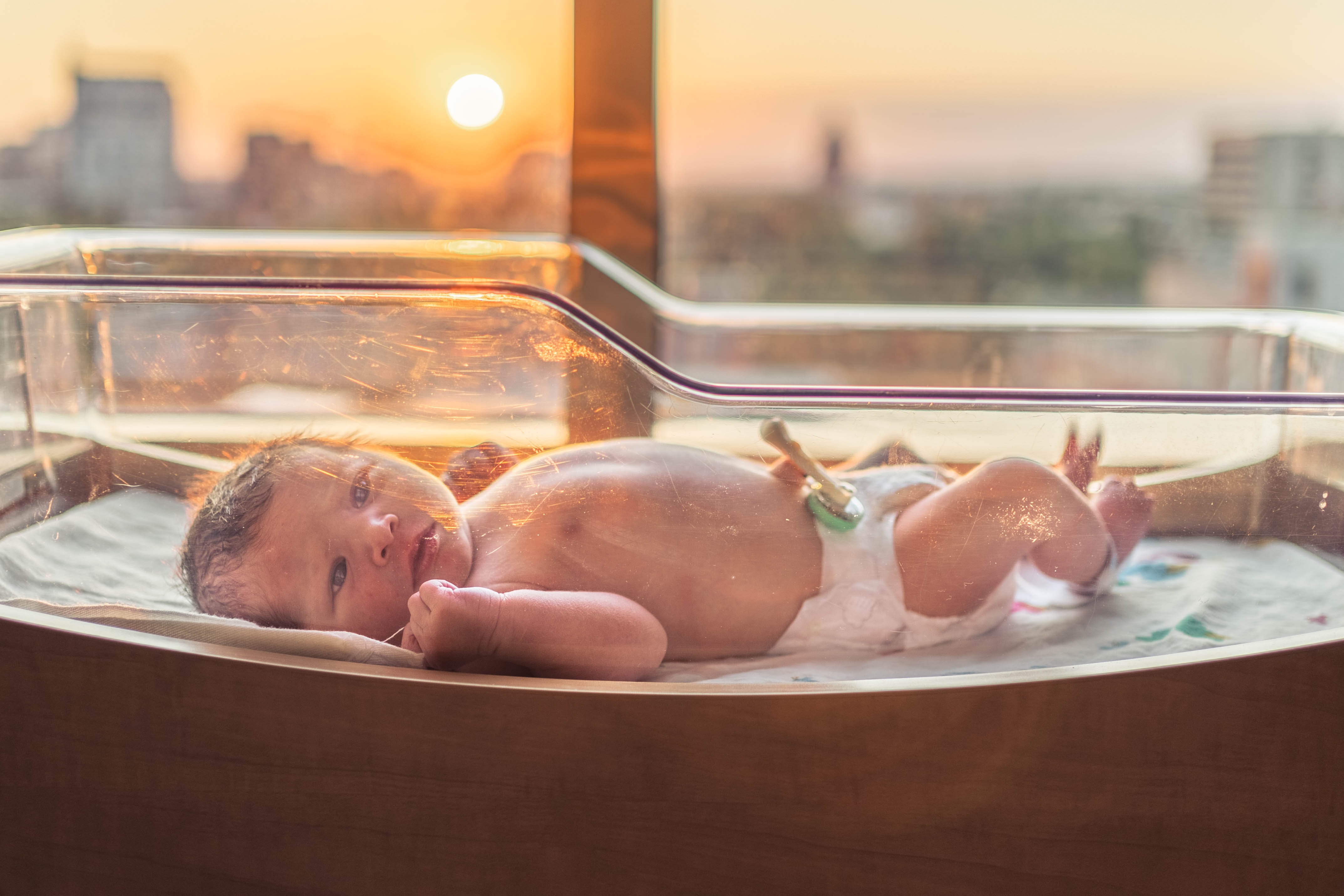
This remarkable organ, which fed the baby with nutrients throughout pregnancy, typically takes one to two weeks to dry out and fall off. But it can be a little unpleasant to wait for things to happen outside of the womb. After every nappy change, the belly area should be gently cleaned with warm water, leaving the cord itself dry.
If you notice any odour, redness, swelling, pus, or if your child seems disturbed or feverish, call your doctor.
It’s okay if it gets a little wet during the bath. Also, be cautious to avoid accidentally hitting or knocking the delicate area.
Bathing
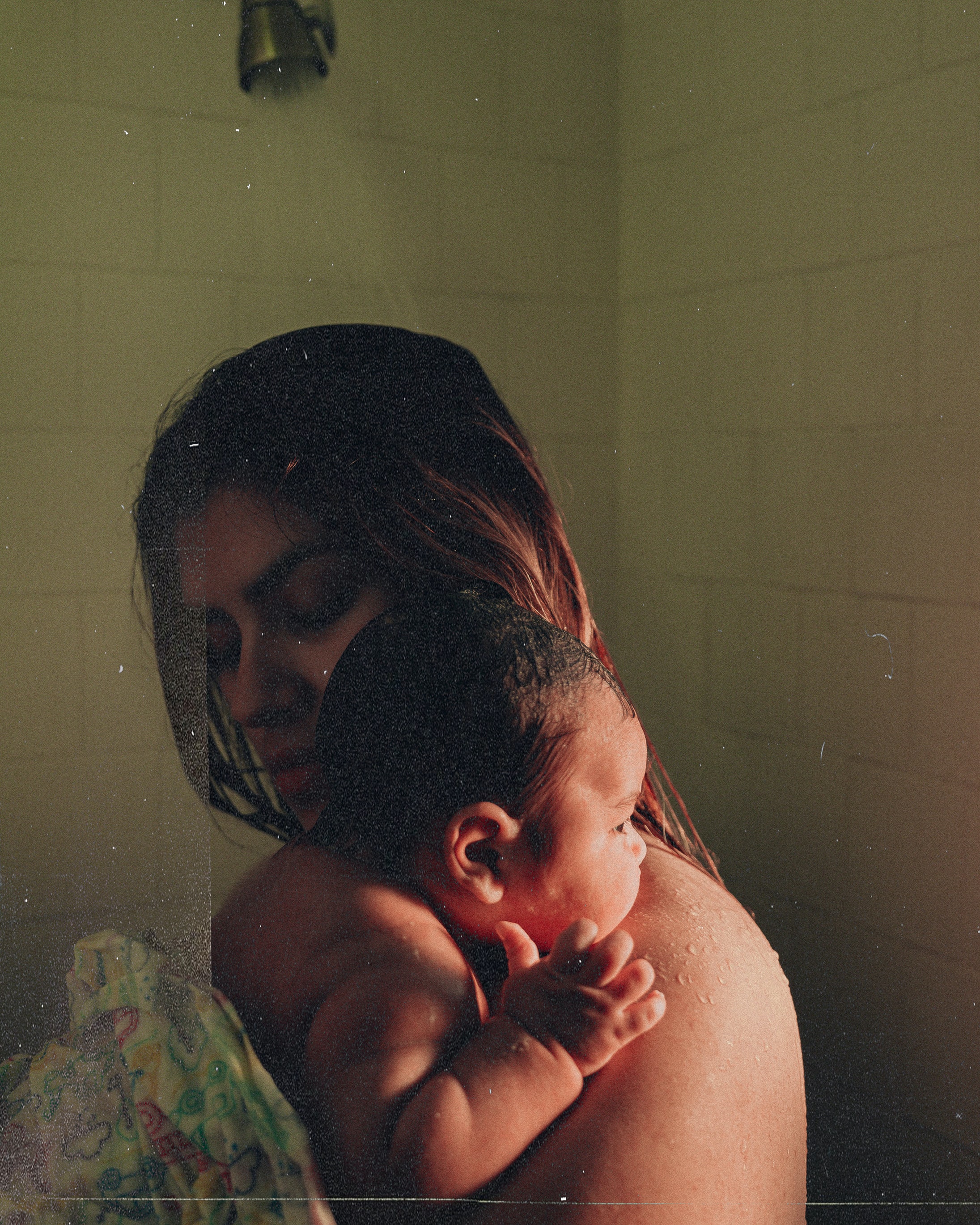
Hold off on giving your baby a bath for about the first week of life. Most newborn skin is covered in a creamy, white substance called the vernix caseosa, which is largely made up of oils from a baby’s sweat glands. This layer acts as a barrier, protecting your baby’s skin in utero. After birth, this natural coating continues to ward off bacteria while keeping your baby’s sensitive skin healthy and moisturised. Within five to 10 days, the vernix will slough off on its own, and that’s a good time to give your baby her first bath.
In the first month of life, a sponge bath is all your baby needs to stay fresh and clean. Up to three times per week, wash your baby's body with a soft cloth immersed in warm water, using a soap only as necessary (e.g. after a messy spit-up or difficult nappy change). One to three times a week is plenty to keep your baby clean you start giving them longer, more thorough baths after the first month. Use soap that is specially made for babies.
Genitals
Treat your infant's genital in the bath like any other body part by gently cleaning the area with warm water—front to back for girls to prevent bacterial spread. After a bath, pat the baby dry to keep their skin from becoming chilly. Then, let the skin completely air dry before changing the baby's nappy or applying a barrier cream. The fine dust in baby powder can easily get into your kid's lungs, thus we strongly advise against using it to assist dry your baby's genitals or for any other purpose.
Skin
It's true that your baby's skin is already quite soft, but you should use a baby lotion frequently, to maintain the skin’ hydration and "enable it to operate as an effective barrier against infection." Dry patches are also prone to cracking, which can make the area vulnerable to bacteria or fungus.
Babies frequently experience a facial acne rash between two and four weeks old, with little pimples covering their cheeks, nose, forehead, and chin. They can even spread on the body. There is nothing you can do to stop them because they are brought on by mom's hormones that are still present in the baby's body. But don't worry; this ugly duckling phase is only passing, and it will pass in two to six weeks. There isn't much parents can do to accelerate the process.
Scalp
Fontanelles are soft areas on an infant's head where the skull bones have not yet cemented together. In addition, a baby's scalp skin is extremely delicate. When washing your baby's hair, try not to scrub the scalp too hard and keep an eye out for cradle cap, which is characterised by yellow flakes that frequently appear on a baby's head.
Don’t worry about shampooing your baby’s hair too often. Whether he has a luxurious mane or just a few sprouts, a gentle massage with a baby-formulated shampoo, like our Newborn Foam Shampoo is all he needs, no more than a few times per week. If his hair needs to be detangled, use a brush for babies with extra soft bristles to avoid irritating the scalp.
Nails
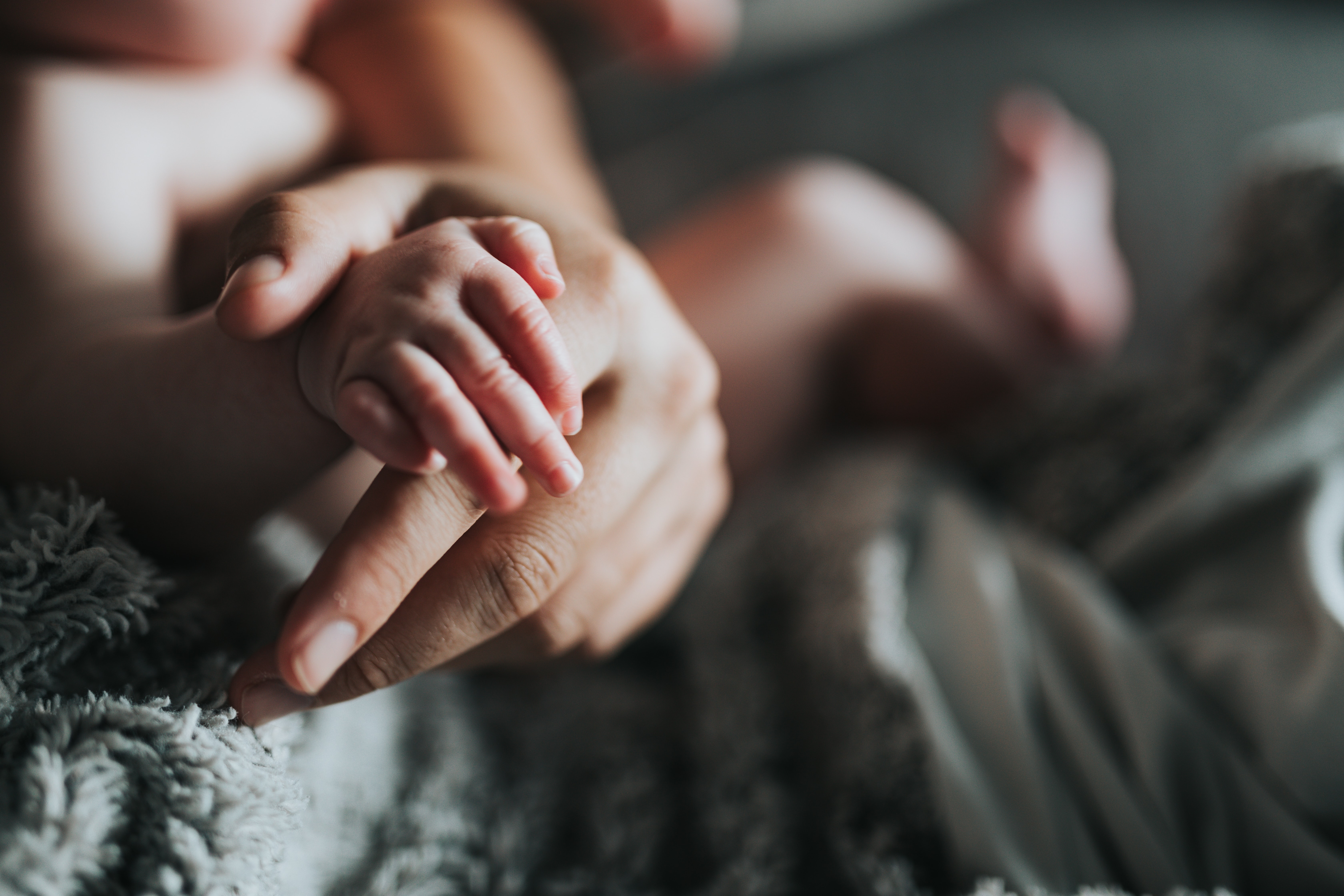
Trimmed fingernails and toenails not only appear neater but are also safer for infants. This is especially true for very young infants who haven't learnt how to control their hands. Infant clippers are suggested to prevent harming your baby because adult-sized clippers make it harder to tell if you are cutting nail or skin. If you are uncomfortable using clippers on your baby’s nails wait until they are a bit older, simply filing the nails down is fine. This will smooth out any rough edges.
Ears
Your baby’s ears, like your own, will clean themselves naturally—no cotton bud needed. “We all have that urge to go digging around in the ear canal, but that’s the wrong thing to do,”. You can use a warm washcloth to wipe away any obvious drainage around the external ear area but leave the inner ear alone. Even if you are successful in removing some ear wax from the inner ear with a cotton swab, you still run the risk of introducing more.
Eyes
Everyone occasionally gets a small amount of crust or muck in their eyes. The best method is to gently dab the eye area with a baby cloth or cotton ball dipped in clean water, beginning at the inner corner of the eye (the one nearest to the nose) and moving outward. Conjunctivitis, or pink eye, can be brought on by cold and flu viruses, so if you're contagious, wash your hands before holding your infant. Keep an eye out for any eye discharge or redness since these could indicate pink eye or a more serious infection, both of which require a visit to your doctor.
Mouth
With their sweet baby breath, it’s hard to believe bacteria are setting up camp in your infant’s mouth even before teeth arrive, but it’s important to keep her gums clean and healthy by gently wiping them daily with a clean, damp cloth. Once teeth appear, use a soft toothbrush made for babies to offer them a daily brushing, in order to ensure their new teeth are healthy and develop appropriate oral hygiene practice.
Caring for yourself
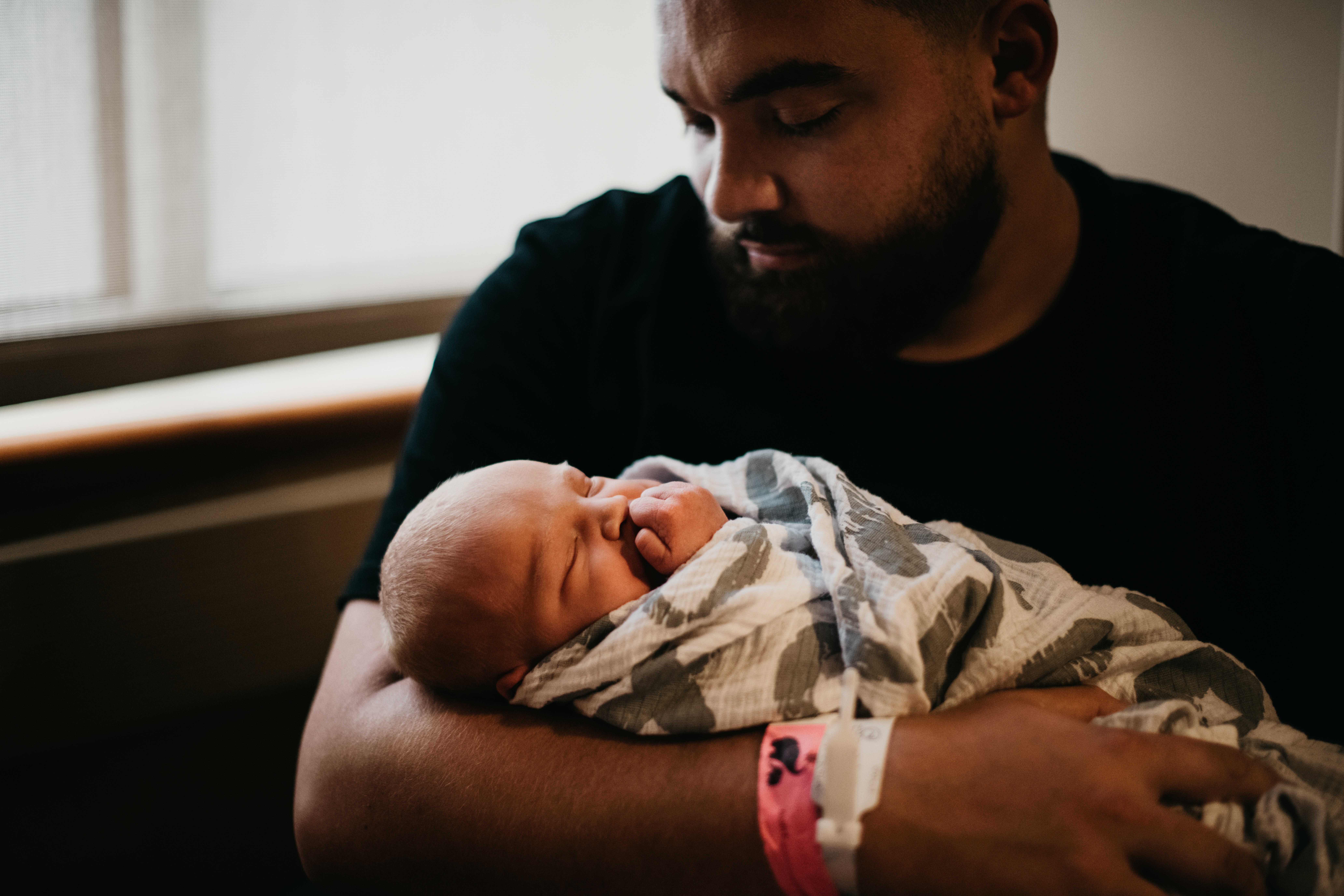
Even simple things like filing nails might be too much for a worn-out parent, so if you're feeling drained or unsure of yourself, wait until you're ready or seek the assistance of another person. When beginning any grooming chore, make sure you have all the tools you'll need close at hand—especially during bath time so you can keep an eye on the baby—so you can feel relaxed, at ease and keep your infant secure.
When you have the right instructions... Newborn care is not that complicated. Our leaflet will help you become an expert.
